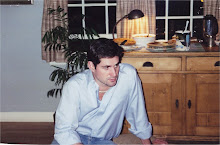
When discussing African-American literature, poetry, and speeches, it is essential to study the writings and speeches of Malcolm X. He was an outspoken advocate of Black Nationalism and separatism as a meas of building up the self-esteem, confidence, righteousness, and self-respect of black men and women. Malcolm X never advocated violence, nor was he ever involved in any violent movements or protests; he did advocate self-defense as an intelligent and naturally human response to violence and oppression. Over the course of his life, his ideas were constantly changing as he grew as an individual, and he was never afraid of new ideas and new information as he sought to grow spiritually and intellectually. Early in his life he espoused the doctrines of the Nation of Islam, and he believed the Muslim faith was the answer to the problems facing the black community in North America.

